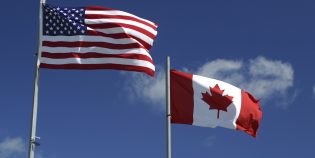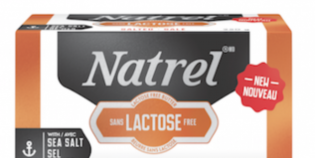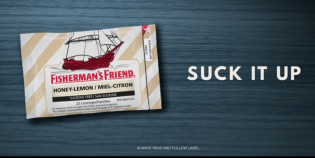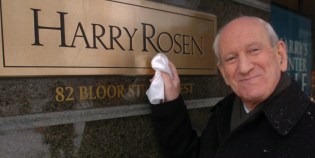Grocery retailers and CPGs have long courted moms — a.k.a. the chief household officer — as the perceived master of the household budget. But a report from Y&R called “Who’s Your Daddy” found that as today’s dads take on more household and parenting duties, they’re sharing in the purchasing decisions as well.
Nearly half of today’s dads (45%) have primary or shared grocery shopping responsibility. For millennial dads, who are the most “hands-on segment of fathers,” that number goes up to 80%, according to the report.
“The big conclusion is that good dads are good business,” said Kasi Bruno, senior vice-president and strategic planning director, Y&R Toronto. “Dads are actually better for business than moms. It’s not about forgetting about moms — they’re still important. But now that dads are doing half of all the grocery shopping… understanding how he shops is important.”
One key insight in the report is that dads aren’t as frugal as moms: only 33% of dads try to buy products on sale, versus 52% of moms. Dads are also twice as likely as moms to buy the brands they think are best, regardless of price (28% versus 13%). And 41% of dads said they will pay more for a new product if they think it may be better than what’s currently available.
“When a woman becomes a mom, she becomes more [budget-conscious,]” said Bruno. “When a man becomes a dad, he starts becoming more interested in high-performance, innovative and premium products.”
The survey found that 64% of dads actively look for products that are new and different, compared to 48% of moms. And 59% of men want to be first to try new products among their friends and family, compared to 31% of women. When it comes to loyalty, 48% of dads consider themselves loyal to brand names, compared to 35% of moms.
Y&R also gauged dads’ feeling about how they’re portrayed in advertising and the media. “Dads are telling us, ‘we’re either ignored, or you’re mocking us,’” said Bruno. “Nobody is sincere when it comes to marketing or media, and [dads are] looking for that. They’re looking to be spoken to and engaged.”
Some brands are catching on to dad’s buying power and are portraying dads more realistically. A spot for General Mills’ Peanut Butter Cheerios, for example, celebrates dads for being fun-loving, totally competent parents.
And a new heartwarming spot from Dove captures the emotional first moments when men find out they’re going to be fathers.
“Brands that venture out and try to do something for dads end up resonating with moms too,” said Bruno. “When you give dads some kudos, then moms say, ‘thank you. You recognize that he’s an amazing an involved father.”
The study also named the top 20 most desired brands for dads. For Canadian dads, the top 10 are: Disney, Samsung Galaxy, iPad, Apple, Netflix, MEC, Lego, Doritos, Dyson and Harley-Davidson. For American dads, the top 10 are: Apple, UnderArmour, Nike, Netflix, iPad, Lexus, Lego, Levi’s, Kobalt and Harley-Davidson.
“Who’s Your Daddy” contains data and insights compiled by Y&R’s global intelligence network as well as a BrandSpark survey of 8,000 dads across the U.S. and Canada. Y&R also applied insights from Labstore, Y&R’s retail and shopper marketing network, and used a qualitative research method called eXploring.
The full report can be downloaded here.









